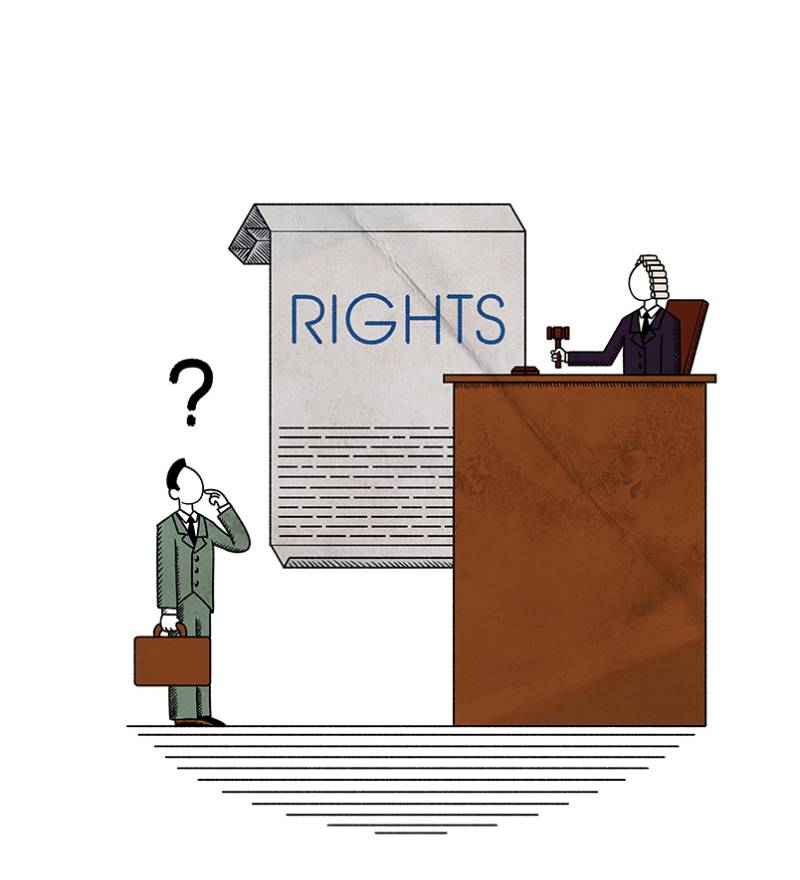Common Law Trademarks?
Actively using a name (or logo or tagline) in commerce creates common law trademark rights. Something can function as a trademark without a registration as long as you are using it in a consistent way in the market. It just won’t be well protected. w
Let’s say you own a brewery and have a beer called GRUMPY WARTHOG STRONG ALE, which you have been selling for years. Even if you have not registered this name with the USPTO, you can still claim “common law” trademark rights in your immediate market. Unregistered uses such as this do not provide legal presumption of ownership (the way a registered trademark does) or exclusive rights to nationwide use, nor would they be cited by the USPTO in refusing a similar registration by a third party. But these rights would not be extinguished by a future federal registration either; they can be used to limit or challenge such trademarks if you can prove earlier use. So, if your neighboring brewery began producing a GRUMPY WARTHOG beer a year after you, they couldn’t apply for a federal trademark and then demand you stop using it. In fact, since you are in the same market, you would have grounds to contest their registration if you could prove you were actively using it first (which is difficult without a trademark registration).
Common law rights do little beyond establishing priority use in a limited geographic area. Meaning you could potentially challenge your neighbor’s registration, but someone in another state is another story.
If you have a name or design that you intend to use in perpetuity, or just for an extended period of time, securing a federal trademark registration is the best way to defend your rights to it. Ultimately, trademark disputes are not uncommon, and it will save you money (and headache) to get in front of them by ensuring your mark is protectable and securing that protection upfront.

